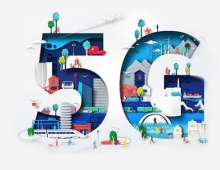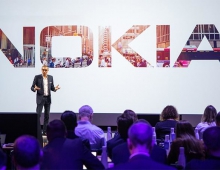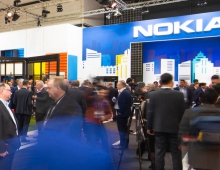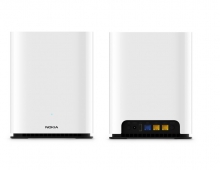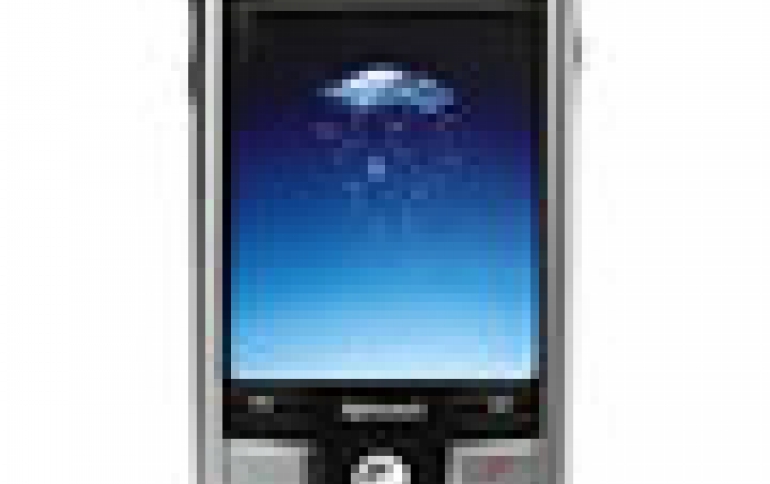
Nokia, Ericsson and Others to Promote LTE Technology
A number of the world's largest technology companies agreed to commit to a licensing framework for their patents for the emerging mobile network technology known as Long Term Evolution (LTE).
The companies, which include the world's largest cellphone maker Nokia and top mobile network gear maker Ericsson, said on Monday they were aiming to boost take-up of the new technology by agreeing to license their patents on fair and reasonable terms.
The group also included Alcatel-Lucent, NEC Corp, NextWave Wireless, Nokia Siemens Networks and Sony Ericsson.
LTE promises to make everything from mobile-video sharing to music downloads speedier, but it may not show a visible boost in sales for the network equipment industry any time soon as the first networks are not expected for two years and many operators will wait longer until the technology matures. The LTE technology would be able to transmit data at speeds more than 200 times as fast as those of existing third-generation, or 3G, wireless technologies.
The LTE technology is believed to be superior to the worldwide interoperability for microwave access, or WiMAX, system, another next-generation wireless communications format planned to be used by such firms as major Japanese mobile phone service provider KDDI.
"Today's announcement is a step towards establishing more predictable and transparent licensing costs in a manner that enables faster adoption of new technologies," Ilkka Rahnasto, head of Nokia's intellectual property rights said in a statement.
The companies have committed to keeping royalty levels for essential LTE patents in handsets below 10 percent of the sale price, with the maximum royalty in LTE-enabled notebooks staying below $10.
U.S. mobile service Verizon Wireless, has also decided to build out an LTE network, while China Mobile, the world's biggest mobile provider, said earlier this year it would test LTE.
Alcatel-Lucent and Japan's NEC signed a joint-venture deal to pool their development and marketing of the technology.
Japan's leading mobile phone carrier NTT DoCoMo Inc. is expected to launch handsets using the LTE technology for its next-generation Super 3G services in 2010 at the earliest.
The group also included Alcatel-Lucent, NEC Corp, NextWave Wireless, Nokia Siemens Networks and Sony Ericsson.
LTE promises to make everything from mobile-video sharing to music downloads speedier, but it may not show a visible boost in sales for the network equipment industry any time soon as the first networks are not expected for two years and many operators will wait longer until the technology matures. The LTE technology would be able to transmit data at speeds more than 200 times as fast as those of existing third-generation, or 3G, wireless technologies.
The LTE technology is believed to be superior to the worldwide interoperability for microwave access, or WiMAX, system, another next-generation wireless communications format planned to be used by such firms as major Japanese mobile phone service provider KDDI.
"Today's announcement is a step towards establishing more predictable and transparent licensing costs in a manner that enables faster adoption of new technologies," Ilkka Rahnasto, head of Nokia's intellectual property rights said in a statement.
The companies have committed to keeping royalty levels for essential LTE patents in handsets below 10 percent of the sale price, with the maximum royalty in LTE-enabled notebooks staying below $10.
U.S. mobile service Verizon Wireless, has also decided to build out an LTE network, while China Mobile, the world's biggest mobile provider, said earlier this year it would test LTE.
Alcatel-Lucent and Japan's NEC signed a joint-venture deal to pool their development and marketing of the technology.
Japan's leading mobile phone carrier NTT DoCoMo Inc. is expected to launch handsets using the LTE technology for its next-generation Super 3G services in 2010 at the earliest.



